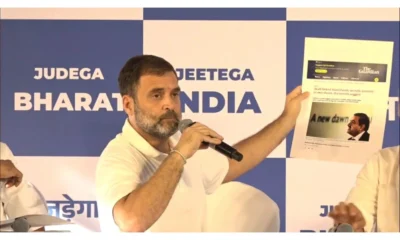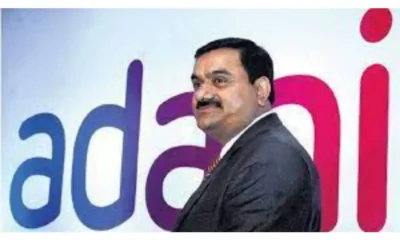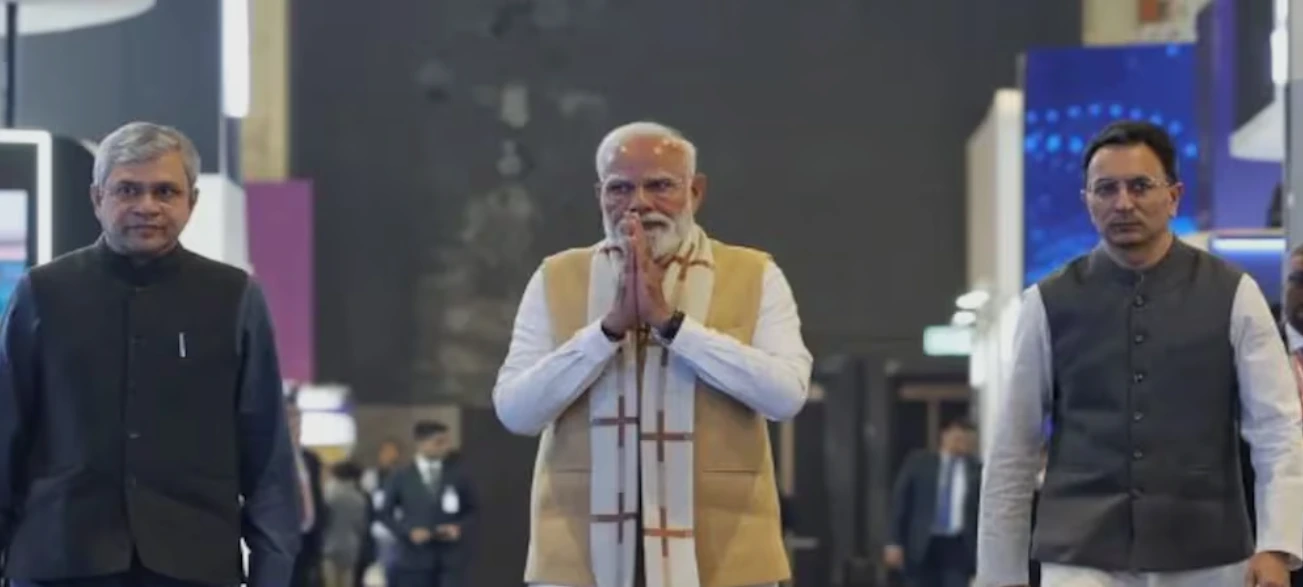India News
Not just Patanjali and Himalaya, here are other brands using halal-certified ingredients
Fact-Checker Mohammed Zubair shared the thread on Twitter confirming the brands which use products that are halal-certified.

India News
Ajit Pawar’s son seeks detailed probe into Baramati plane crash
Jay Pawar has demanded a comprehensive probe and action against the aviation firm after the Baramati plane crash that killed Ajit Pawar and four others.
India News
PM Modi to inaugurate India AI Impact Summit 2026 at Bharat Mandapam today
PM Narendra Modi will inaugurate the India AI Impact Summit 2026 at Bharat Mandapam, with participation from 118 countries and global leaders.
India News
Galgotias University asked to vacate India AI Summit over Chinese robot dog row
Galgotias University has reportedly been asked to vacate its stall at the India AI Impact Summit after a Chinese-made robotic dog was allegedly presented as a university innovation.
-
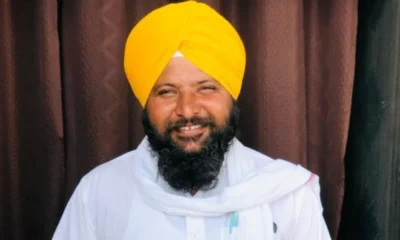
 India News18 hours ago
India News18 hours agoSarpanch from AAP shot dead at wedding in Punjab’s Tarn Taran
-

 India News16 hours ago
India News16 hours agoGalgotias University asked to vacate India AI Summit over Chinese robot dog row
-
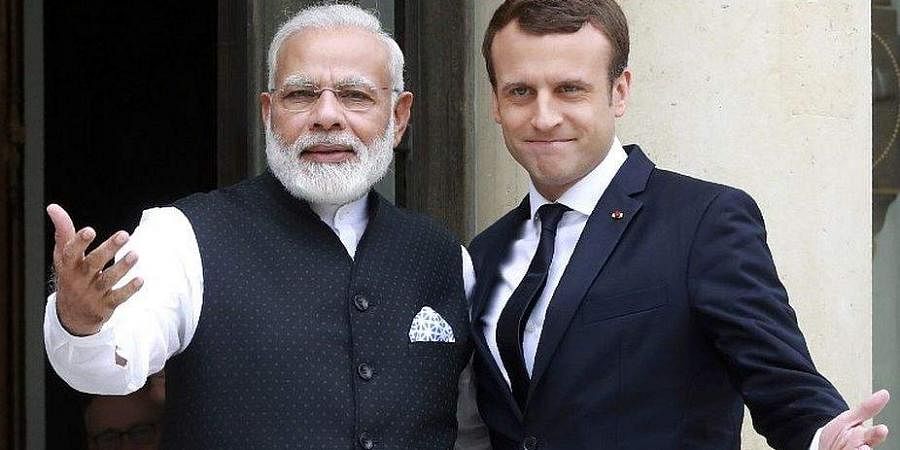
 Latest world news3 hours ago
Latest world news3 hours agoPM Modi, Macron, Sundar Pichai to address India AI Impact Summit 2026 in New Delhi
-

 LATEST SPORTS NEWS3 hours ago
LATEST SPORTS NEWS3 hours agoIndia maintain clean sheet after 17-run victory over the Netherlands
-
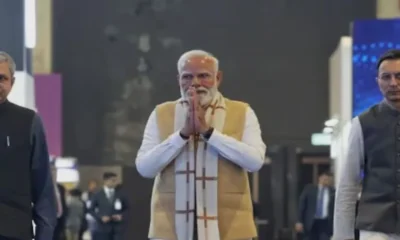
 India News3 hours ago
India News3 hours agoPM Modi to inaugurate India AI Impact Summit 2026 at Bharat Mandapam today
-
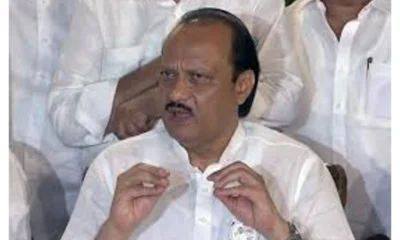
 India News2 hours ago
India News2 hours agoAjit Pawar’s son seeks detailed probe into Baramati plane crash





